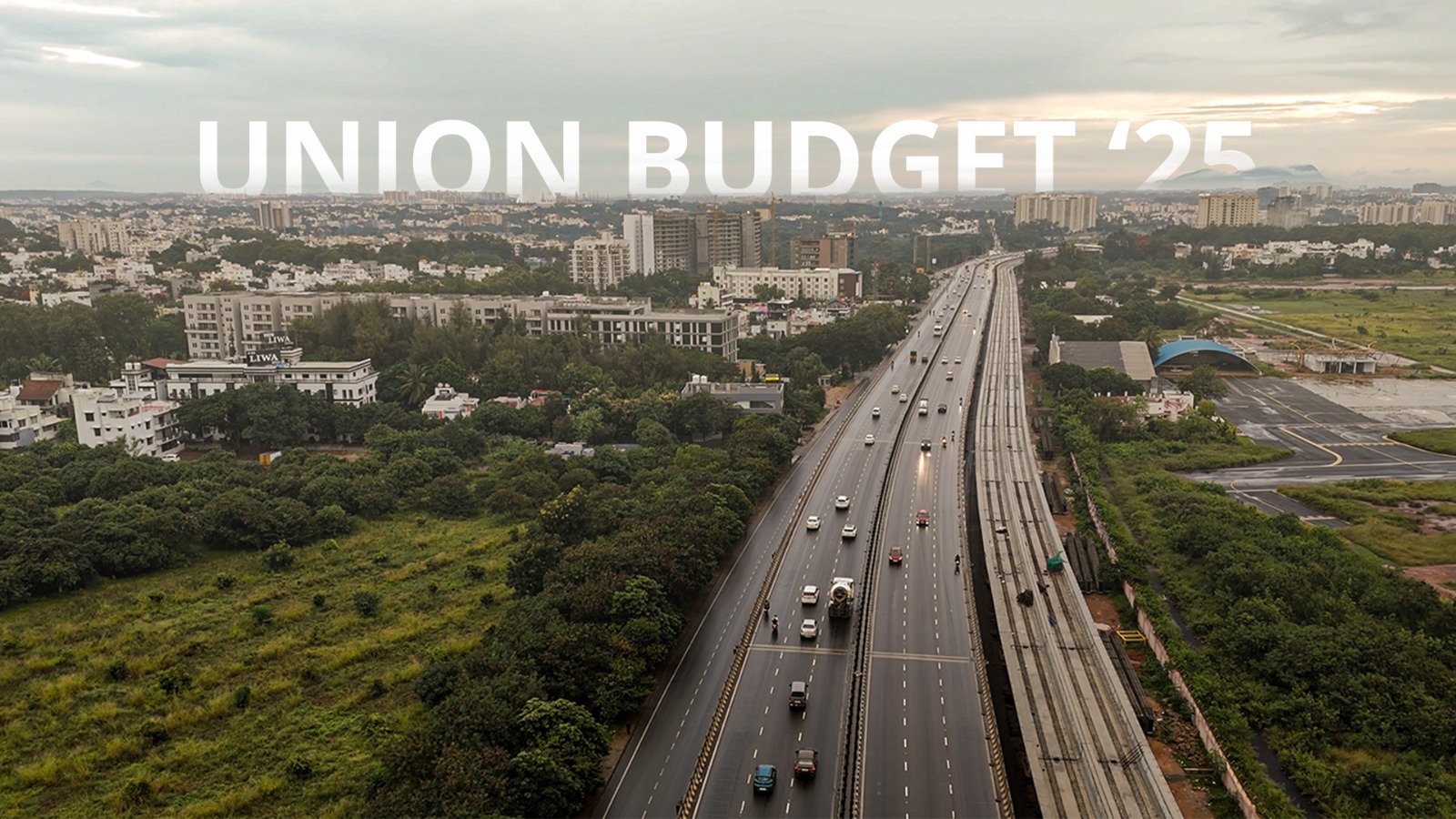Budget 2025: Key takeaways for the real estate industry

The Union Budget 2025 brings transformative changes to India’s real estate sector, aimed at boosting homeownership, strengthening infrastructure, and addressing industry challenges. With a focus on economic growth and urban development, the budget introduces key reforms that will shape the future of housing, commercial real estate, and investments. Here’s a look at the major takeaways and their impact on the sector.
1. Increased Income Tax Exemption to Boost Housing Demand
A major highlight of Budget 2025 is the increase in the income tax exemption limit to ₹12 lakh per annum under the new tax regime. This move is expected to boost disposable income, encouraging higher spending and investment in real estate, particularly in residential properties.
2. Tax Benefits for Rental Housing
The budget introduces two major incentives to stimulate the rental housing market:
-
Homeowners can now mark two homes as self-occupied (provided one is not rented out) and claim nil valuation, reducing their tax burden.
-
The income tax cap on rental income has been increased from ₹2.4 lakh to ₹6 lakh per annum, incentivizing homeowners to invest in rental housing.
3. Infrastructure Investments to Spur Growth
A significant budgetary focus has been placed on large-scale infrastructure projects, including metro expansions, expressways, and the India Infrastructure Fund, fostering real estate development in high-growth regions. Improved connectivity and transit-oriented developments are expected to drive demand in emerging markets like North Bengaluru, further increasing property values.
4. SWAMIH Fund 2: Support for Stalled Housing Projects
Building on the success of SWAMIH Fund I, the government has launched SWAMIH Fund 2, a ₹15,000 crore initiative to facilitate the completion of stalled housing projects. This move is expected to unlock liquidity and ensure timely delivery of projects that were previously delayed due to funding constraints.
5. Focus on Sustainability & Green Housing
With sustainability gaining traction in the sector, the budget introduces tax incentives for developers adopting green building certifications such as IGBC and GRIHA. These incentives will drive eco-conscious housing and commercial developments, reinforcing India’s commitment to sustainable real estate practices.
Conclusion
The Union Budget 2025 takes a progressive approach to boosting homeownership, strengthening the rental market, and fueling infrastructure-led real estate growth. While key industry demands such as industry status for real estate remain unmet, the new measures provide significant momentum for housing demand and investment opportunities.
As the sector embraces these changes, we look forward to seeing how these policies shape the next phase of real estate development in India.



